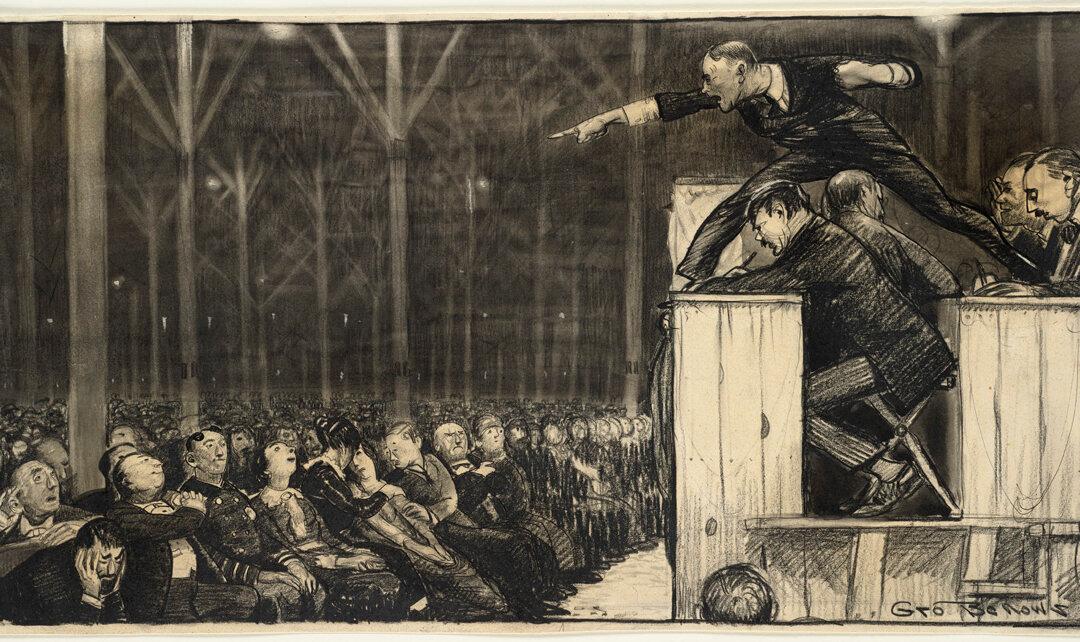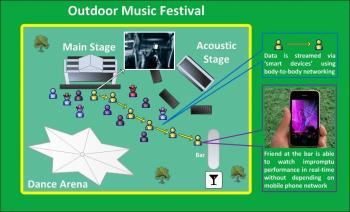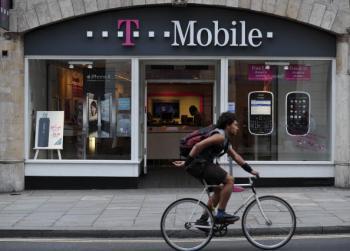Although he grew up poor, Billy Sunday’s hard work enabled him to become a famous and successful professional baseball player who was coined the fastest man in the game. And then, once he converted to Christianity, he used his fame as a star to become one of the most influential evangelists of the early 20th century.
Sunday was born in 1862 in Ames, Iowa to a poor family. After his father died in the Civil War just weeks after Sunday was born, his mother struggled to care for him and his brother. When he was 10, Sunday went to live in an orphanage but, at the age of 14, ran away to work as a farm hand.





